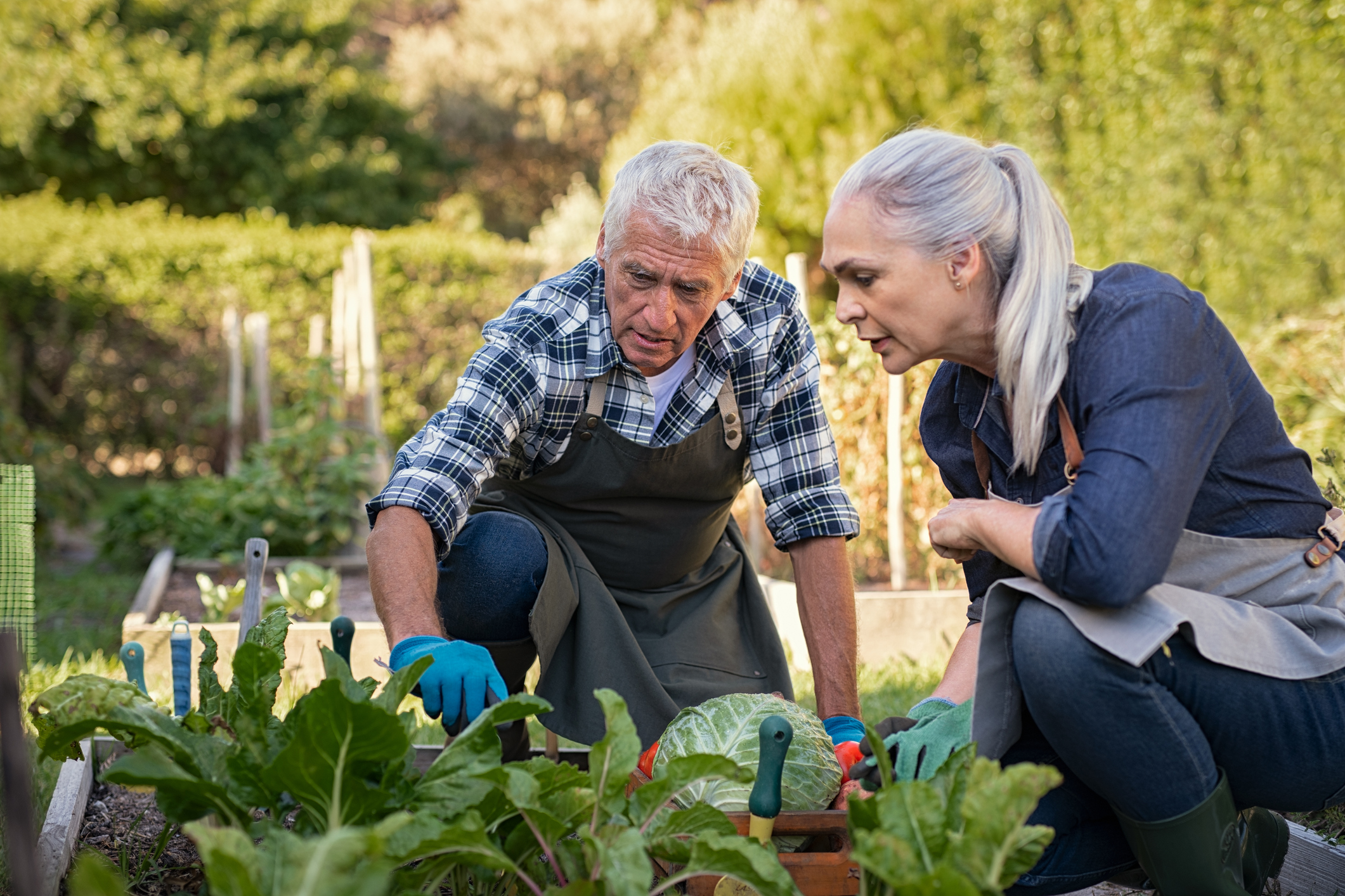According to this year’s calendar, the Spring Equinox is bringing an early start to the season on March 19, which is the earliest beginning of spring since 1896, according to the Old Farmer’s Almanac. And although the ground may not yet be ready for cultivation, early March is a perfect time to start planning a summer garden.
In addition to adding to a home’s curb appeal, planting and tending a garden offers older adults the opportunity to stay active while spending time in nature which can help combat stress, anxiety and depression. Getting regular exposure to sunlight also boosts Vitamin D levels which helps build bone and improves the immune system. But be sure to wear sunscreen and a hat outdoors.
Early spring is the time to remove winter mulch from around perennials and rake dead leaves or branches downed by winter storms. Fruit and summer-blooming trees can be pruned early before they start their new growth and perennials can be divided to fill in any bare spots in garden beds. Cool-season vegetables like potatoes, artichokes, peas and some lettuces germinate better in cool weather and can be planted once the ground has thawed and then harvested in early summer.
Before deck-sitting weather arrives, March is a good month to clean and repair outdoor furniture, decks and patios. Be creative and use your green thumb to create a beautiful garden sanctuary or plant a vegetable or herb garden for healthy home-grown foods all summer. And even if you don’t have your own yard, a community plot or garden can bring people together to enjoy the outdoors and develop new friendships.
Learn more about how spending time in nature can improve overall well-being by following this link to a recent study published in the journal Frontiers in Psychology.
Need an infusion of color indoors to get you in the gardening mood? Try cutting a few branches of Forsythia and forcing them to bloom with the indoor warmth.






Add Your Voice
0 Comments
Join the Discussion